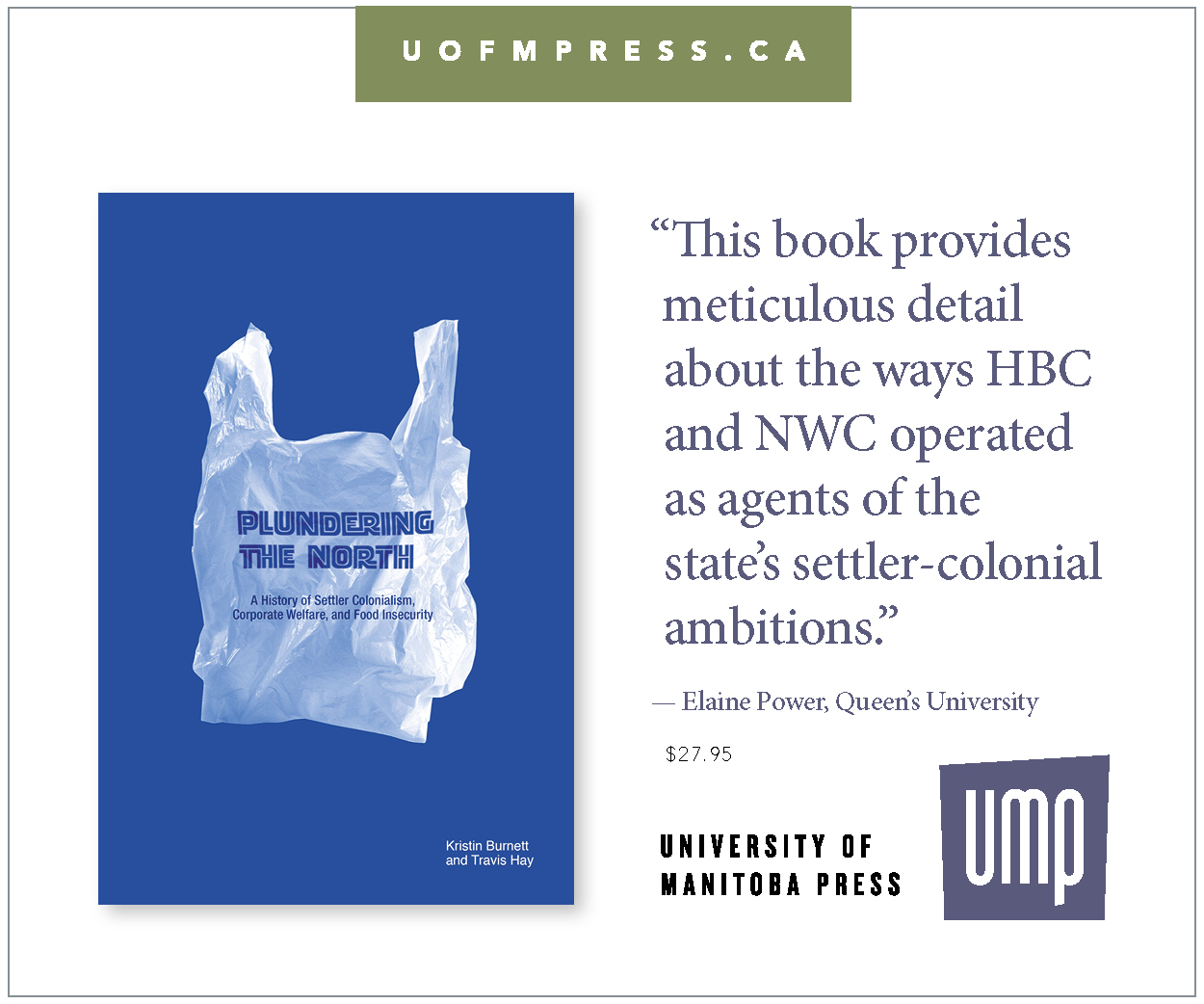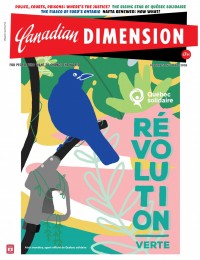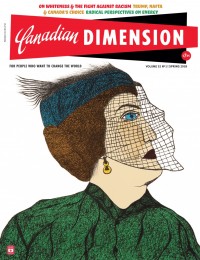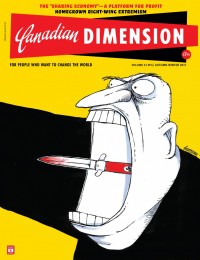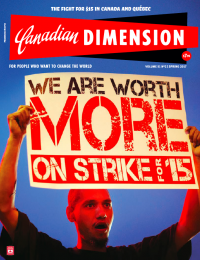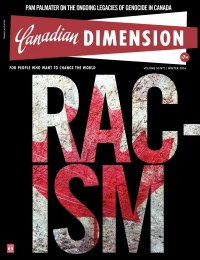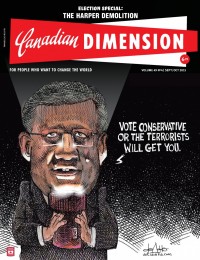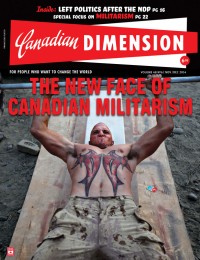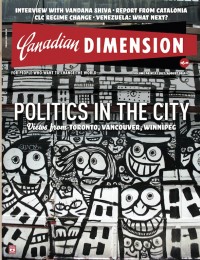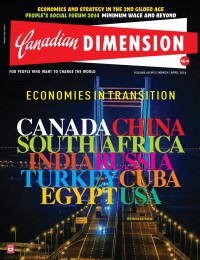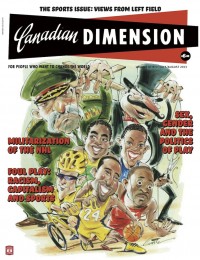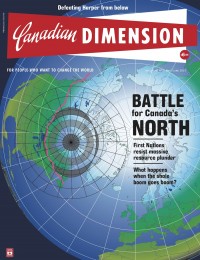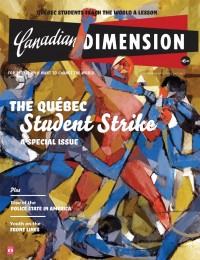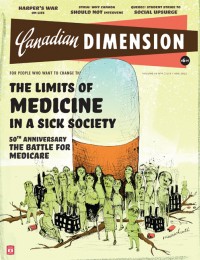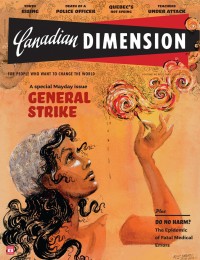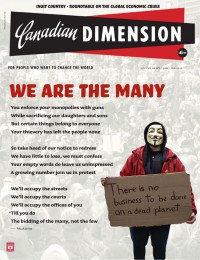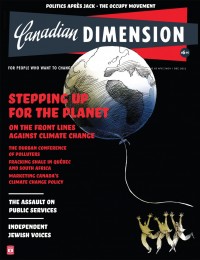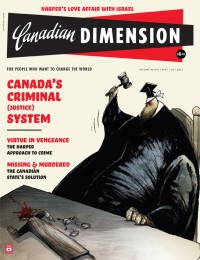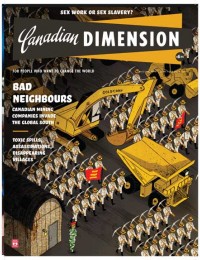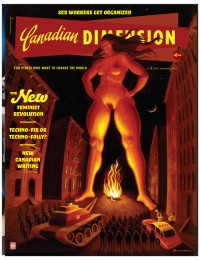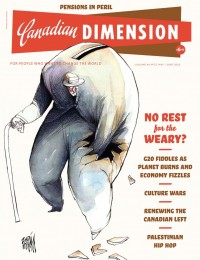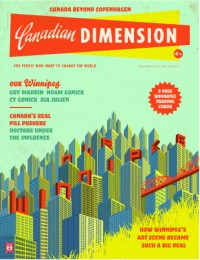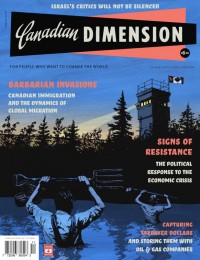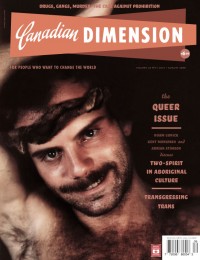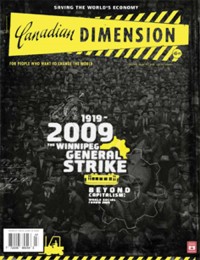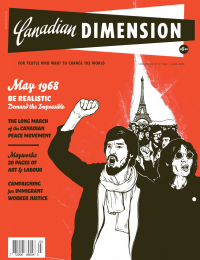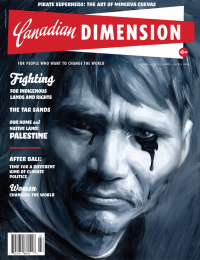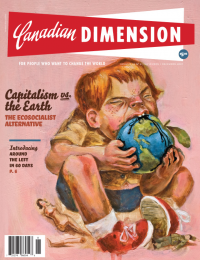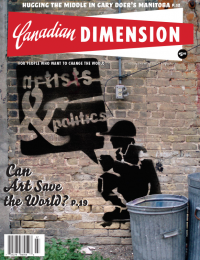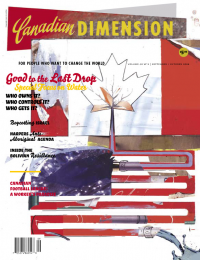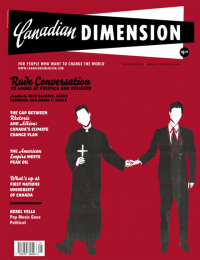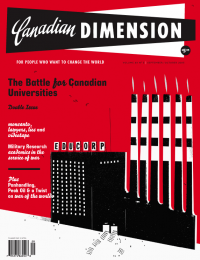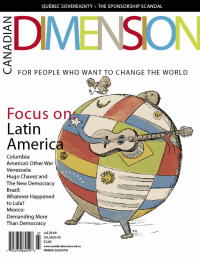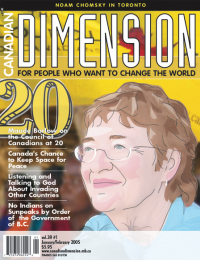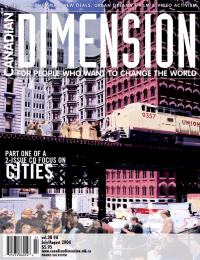-
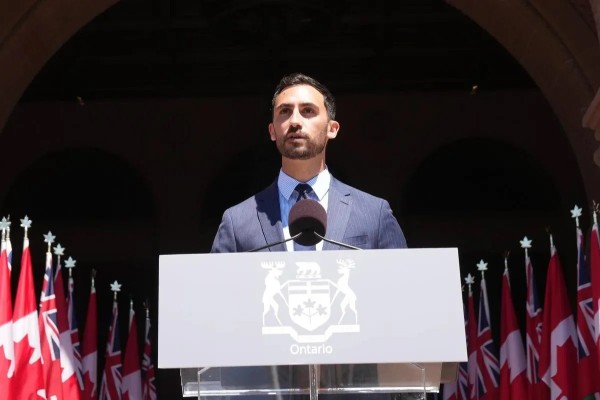
Ontario government greets education workers with an iron fist
Not content simply to suppress the wages of public workers across the province, Ontario’s Progressive Conservative government of Doug Ford has fired a fresh barrage in its ongoing war: it aims to curb the right of education workers to strike. The new front the Conservative Party has opened against Ontario workers occurs at a moment of impasse in a specific contract negotiation.
-
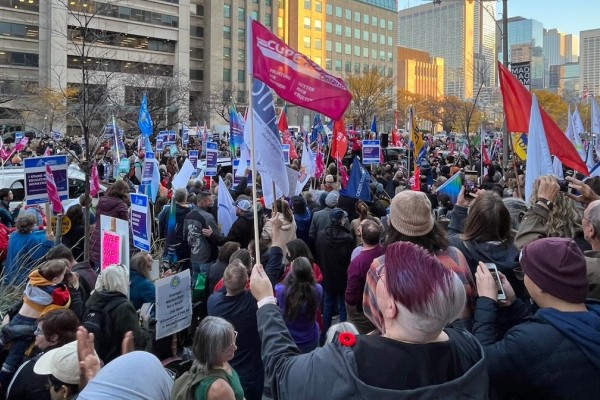
The time is now for real resistance to Ford’s austerity agenda
The time has come for real political resistance to Ford and his austerity agenda, writes doctoral student Ryan Kelpin. At the heart of this specific union contract are the foundations of decades of anti-worker politics that must be confronted head-on. These are battles that are won in the streets by rank-and-file unionists and their allies. We must support them.
-

Why social workers should support the CUPE 3912 labour strike
The CUPE 3912 labour dispute is the fallout from an inequitable distribution of resources within a two-tiered academic system. It is also an indictment of a two-tiered university professoriate which employs highly paid permanent faculty members while failing to increase pay for precariously employed sessional and temporary assistants and instructors.
-

In Ontario, Catholic school board amalgamation is more important than ever
Municipal elections in Ontario are fast approaching, and the oft-forgotten school board races are more important than ever. These elections are often left out of the discussion in part because of how complicated they are: every public school in Ontario is under the auspices of either the English, French, English-Catholic, or French-Catholic school boards.
-
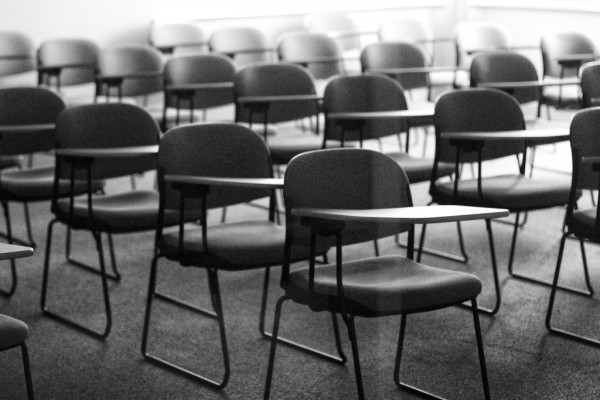
Educators and critical pedagogy: an antidote to authoritarianism
Given the current crisis of politics, agency, history, and memory, educators need a new political and pedagogical language for addressing the changing contexts and issues facing a world in which anti-democratic forces draw upon an unprecedented convergence of resources to exercise powerful and diverse forms of control.
-

Doug Ford ploughs ahead with attacks on education
According to Ontario’s Financial Accountability Office, the government’s current spending projections will likely lead to a $12.3 billion shortfall over the next decade. If those projections are followed it will mean “significant cuts” to staffing and education programming. Whatever Stephen Lecce may put forward “philosophically,” the situation is clear and it is grim.
-

Ten years on from the ‘Maple Spring,’ New Brunswick government cancels student benefit program
A drive for social good characterized by demand and solidarity is always hovering just below our collective class consciousness. Crises like that which New Brunswick students now face can act as stimulants—calls to action for activists to organize and re-ignite the demand for more affordable access to higher education. From crisis emerges opportunity. The question is whether it will be taken.
-

School wars in Ontario: McKinsey consultants, eLearning, and wage cuts
Many of Doug Ford’s policies today are recycled versions of the attacks of the past and designed to achieve the same ends—albeit magnified by his usual crassness. The education cuts demanded today are, to that end, a part of the program of broader attacks on workers elsewhere. They are, in some ways, about preparing youth for the “jobs of the future.”
-
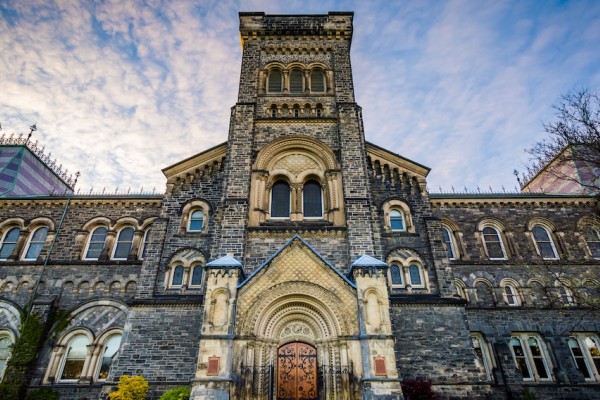
Oppressed by social justice
In these times of conspiracy theory, critical thinking has never been more important. And as hate symbols proliferate, perhaps there is something to be gained from listening to hitherto marginalized voices and learning the lessons they are willing to share. Perhaps universities have a role to play in building an inclusive society. Perhaps social justice isn’t the bogeyman after all.
-

The fix: Inside Laurentian University’s demise
What happened to Laurentian University? How did a publicly funded Ontario university go to the edge of bankruptcy without anyone intervening before the crisis became inescapable? And if it was a crisis, why didn’t the provincial government intervene? What are we to think of a “restructuring” that eliminates the disciplines that define the institution it claims to be saving?



